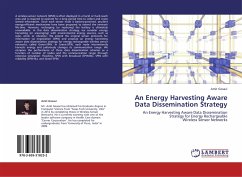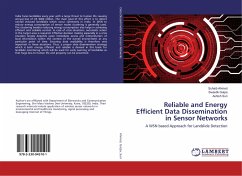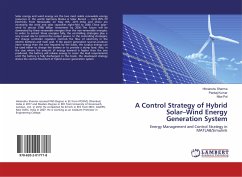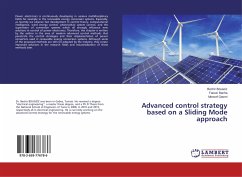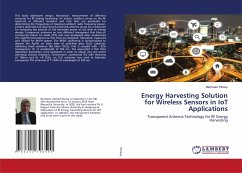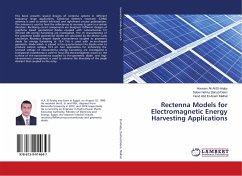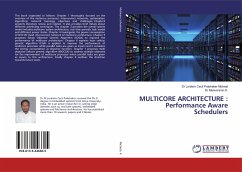A wireless sensor network (WSN) is often deployed in a harsh or hard-reach area and is required to operate for a long period time to collect and route sensed information. Since each sensor node is battery-powered, prudent energy-efficient mechanisms have been proposed to extend the network life-time. However, recharging (or replacing) the battery is ultimately unavoidable. In this data dissemination strategy, we consider energy harvesting (or scavenging) with environmental energy sources, such as solar, wind, or vibration. We extend the original sensor protocols for information via negotiation (SPIN) and propose an energy harvesting aware data dissemination strategy for energy rechargeable wireless sensor networks, called Green-SPIN. In Green-SPIN, each node intermittently harvests energy and judiciously changes its communication range. We compare the performance of three data dissemination schemes as a function of number of nodes and the communication range through extensive simulation: Flooding, SPIN with broadcast (SPIN-BC), SPIN with reliability (SPIN-RL), and Green-SPIN.
Bitte wählen Sie Ihr Anliegen aus.
Rechnungen
Retourenschein anfordern
Bestellstatus
Storno

